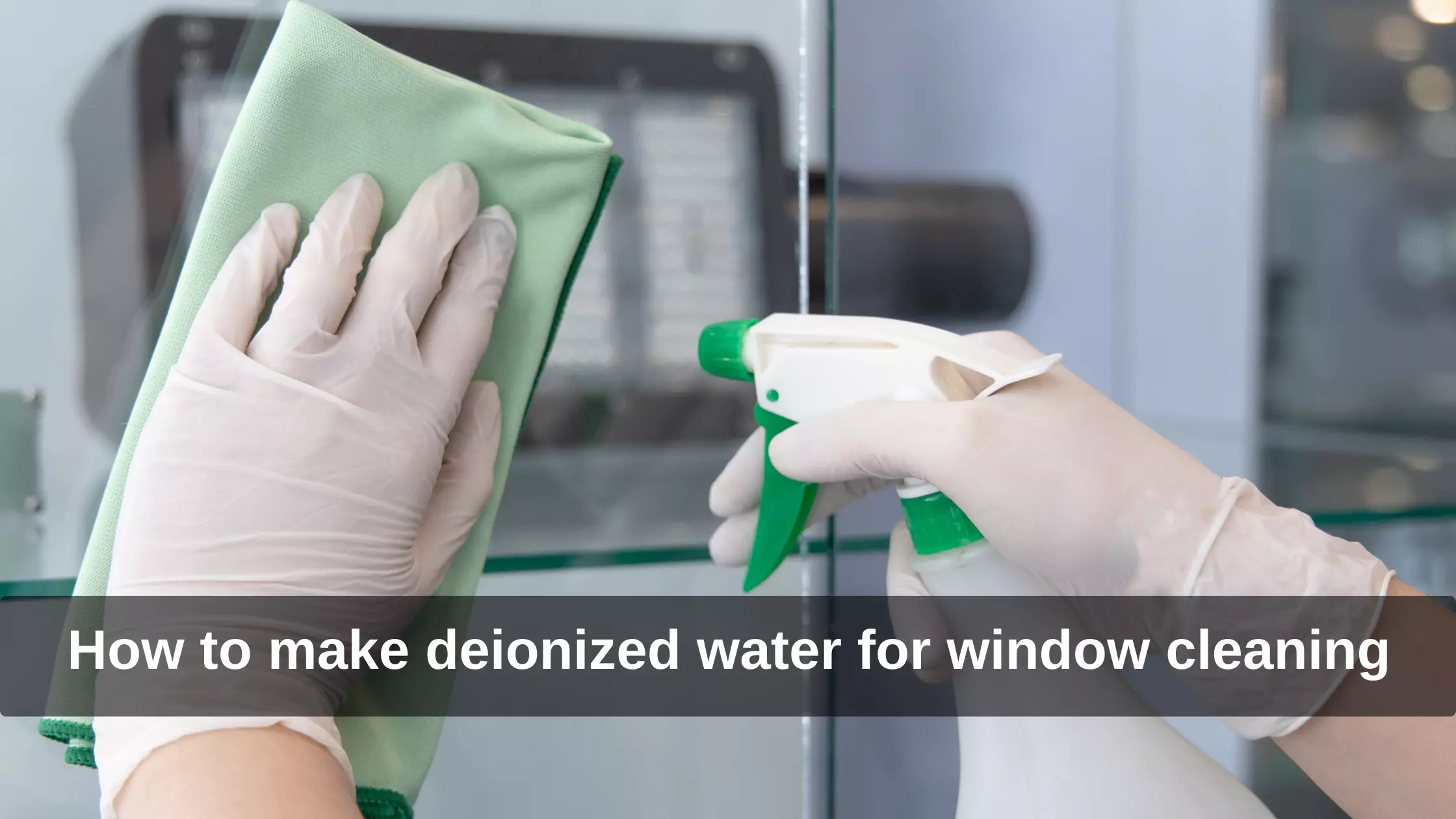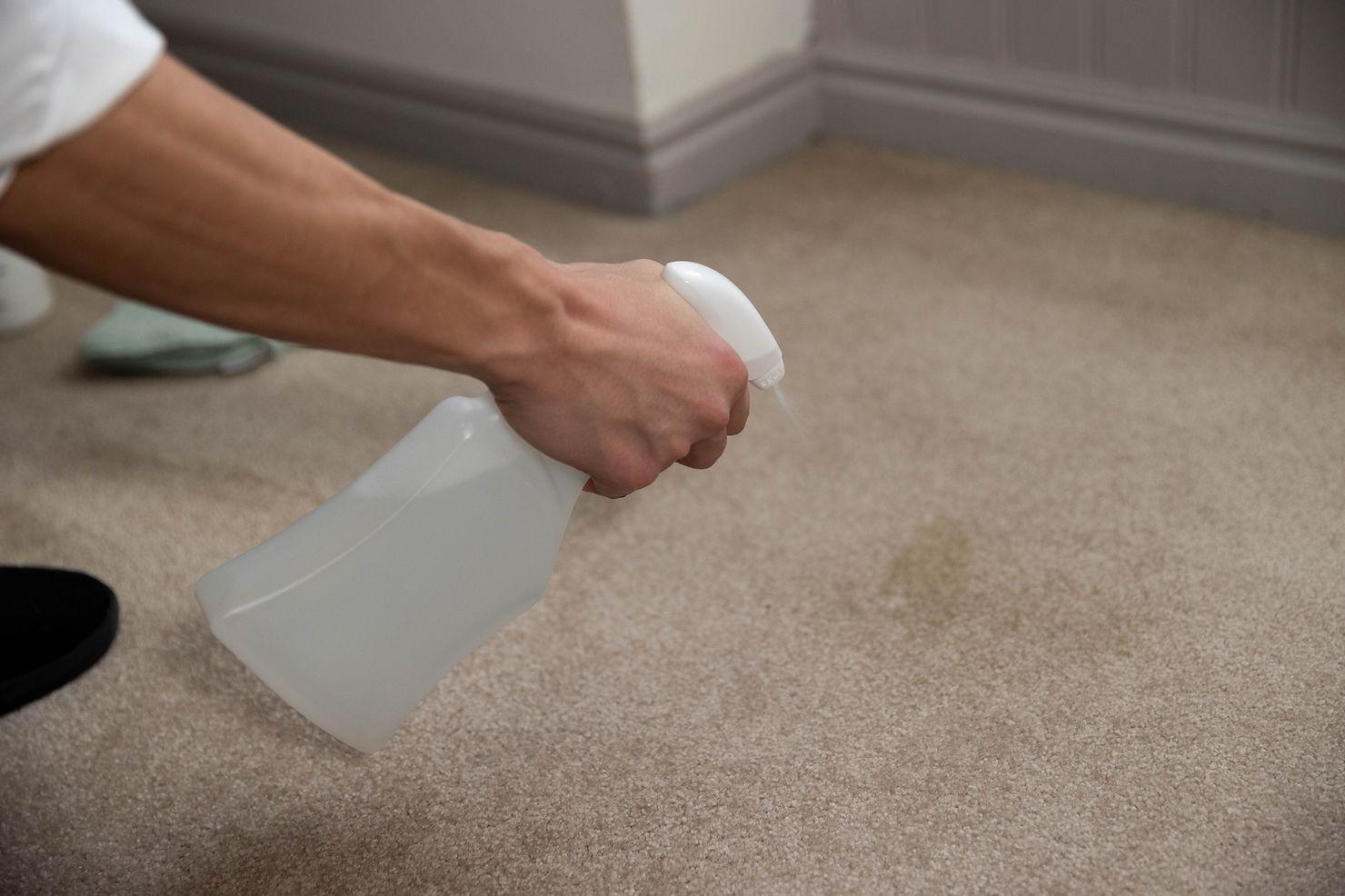Small Cleaning Business Insurance in 2025: Coverage, Costs & Expert Tips
Running a cleaning business often feels like juggling multiple tasks at once: delivering spotless results, managing schedules, and nurturing client relationships. Yet one mishap—say, a torn rug or a slip-and-fall—can hit your bottom line hard. That’s why insurance isn’t just a checkbox; it’s peace of mind for you, your clients, and your team. In this guide, we break down every coverage type you need in 2025, dig into realistic cost ranges backed by industry data, share a comparison table of leading insurers, and provide expert tips to save money without sacrificing protection. Let’s dive in over a virtual coffee chat. 1. Why Insurance Matters for Cleaning Businesses Protect Your Finances & Reputation: Accidents happen: a client’s vase breaks, a rug gets stained, or someone trips on equipment. Repair bills and legal defense can quickly escalate. General liability insurance covers property damage and bodily injury claims, so you don’t pay out of pocket. Meet Client Requirements: Many residential and commercial clients mandate proof of insurance before signing contracts. Having solid coverage signals professionalism and builds trust, unlocking bigger and more stable contracts. Safeguard Your Team: If you employ staff, workers’ compensation covers medical bills and partial wage replacement when someone is injured on the job—legally required in most regions. Protect Equipment & Vehicles: Replacing stolen or damaged vacuums, buffers, or your work van can stall operations. Property/equipment insurance and commercial auto coverage ensure you stay running. Build Long-Term Stability: Beyond emergencies, insurers often reward good safety practices and clean claim histories with lower premiums over time. Regular reviews and proactive risk management pay dividends. 2. Core Insurance Types for Cleaning Businesses 2.1 General Liability Insurance What it does: Covers third-party claims if a client is injured (e.g., slip on wet floor) or property is damaged (e.g., scratched floor). Also covers legal defense costs if sued. Why it matters: Cleaning involves moving around client spaces and handling equipment—accidents are inevitable. This foundational coverage prevents out-of-pocket disaster. Cost Range (2025 estimates): Most small cleaning businesses pay around $40–$70 per month for a basic general liability policy with $1M/$2M limits. Industry data shows average around $48/month (≈$580/year). Factors affecting cost: Business size, revenue, location, claim history, specific services (e.g., pressure washing vs. house cleaning), limits, deductible choice. Pressure washing tends toward upper end (~$75/month); simple house cleaning may be lower (~$44/month). Tips: Bundle with other policies, choose a deductible you can handle, maintain safety protocols (wet-floor signage, chemical handling training) to lower long-term premiums. 2.2 Workers’ Compensation Insurance What it does: Covers medical expenses and a portion of lost wages if an employee is injured on the job (slips, lifting injuries, chemical exposures). Why it matters: Legally required once you hire employees in most jurisdictions. Protects both your team and your finances from unpredictable injury costs. Cost Range (2025 estimates): On average ~$67–$94 per employee per month (approx. $800–$1,200/year per employee), varying by state, payroll size, claims history, and service type (janitorial vs. specialized cleaning). Tips: Document and train on safe lifting, ladder use, chemical handling. A clean safety record can lower premium rates. Regularly review employee roles to ensure correct classification. 2.3 Commercial Property & Equipment Insurance What it does: Covers business property (e.g., office or storage facility contents) and equipment (vacuums, buffers, cleaning supplies) against theft, fire, vandalism, or damage. “Inland marine” endorsements often cover tools in transit between jobs. Why it matters: Replacing essential gear out-of-pocket can stall schedules and hurt cash flow. Keeping coverage limits updated as you acquire new equipment ensures no gaps. Cost Range: Roughly $200–$600 per year depending on total equipment value, storage security, and regional risk factors. Tips: Maintain an up-to-date inventory with values and serial numbers; install tracking or security measures to possibly lower premiums; review limits annually as you add or retire equipment. 2.4 Commercial Auto Insurance What it does: Covers vehicles used for business: accidents, damage, theft, liability for third-party injuries or property damage. Why it matters: Personal auto policies typically exclude business use. Driving uninsured or improperly covered can lead to denied claims, fines, or lawsuits. Cost Range (2025 estimates): Approximately $150–$200/month per vehicle (~$1,800–$2,500/year) for standard cleaning vans, depending on driving history, location, usage. Tips: Ask insurers about usage-based options or low-mileage discounts if applicable; keep clean driving records; bundle with other policies for discounts. 2.5 Janitorial/Fidelity Bonds What it does: Reimburses clients if an employee steals or commits dishonest acts. Why it matters: Builds trust, particularly for residential clients letting workers into homes. Many commercial contracts require bonds. Bond premiums are generally modest (e.g., $50–$150/year) compared to the trust and business they unlock. Tips: Clearly communicate bond coverage in marketing materials; factor bond cost into bids; review bond requirements for larger clients early in the proposal stage. 3. Emerging & Optional Coverages in 2025 Cyber Liability Insurance: If you store client data—schedules, billing info, alarm codes—digitally, cover breach notification costs, legal fees, and reputation management. Even small breaches can be costly. Pollution Liability / Environmental Liability: Crucial if handling industrial-strength chemicals, mold remediation, or any service with potential environmental impact. Standard policies often exclude pollution events. Employment Practices Liability Insurance (EPLI): Covers defense costs and settlements for claims like wrongful termination, discrimination, or wage disputes. As you hire more staff, HR risks rise. Equipment Breakdown Coverage: Covers mechanical or electrical failures of high-value machines not included in standard property policies. Avoid surprise out-of-pocket repair/replacement costs for floor buffers or carpet cleaners. Business Owner’s Policy (BOP): Bundles general liability, property, and sometimes business interruption coverage at a discount. Evaluate carefully: check if limits meet your needs before assuming savings. Umbrella/Excess Liability: Adds extra liability limits above core policies, useful if you land larger commercial contracts with higher exposure. Pro Tip: Regularly revisit optional coverages as your services expand (e.g., adding pressure washing or specialized sanitization), or when regulatory requirements change. Early adoption can prevent coverage gaps. 4. How to Choose & Compare Insurance Providers 4.1 Audit Your Risks & Needs Number of employees (including part-time/seasonal) Annual revenue and job volume … Read more



